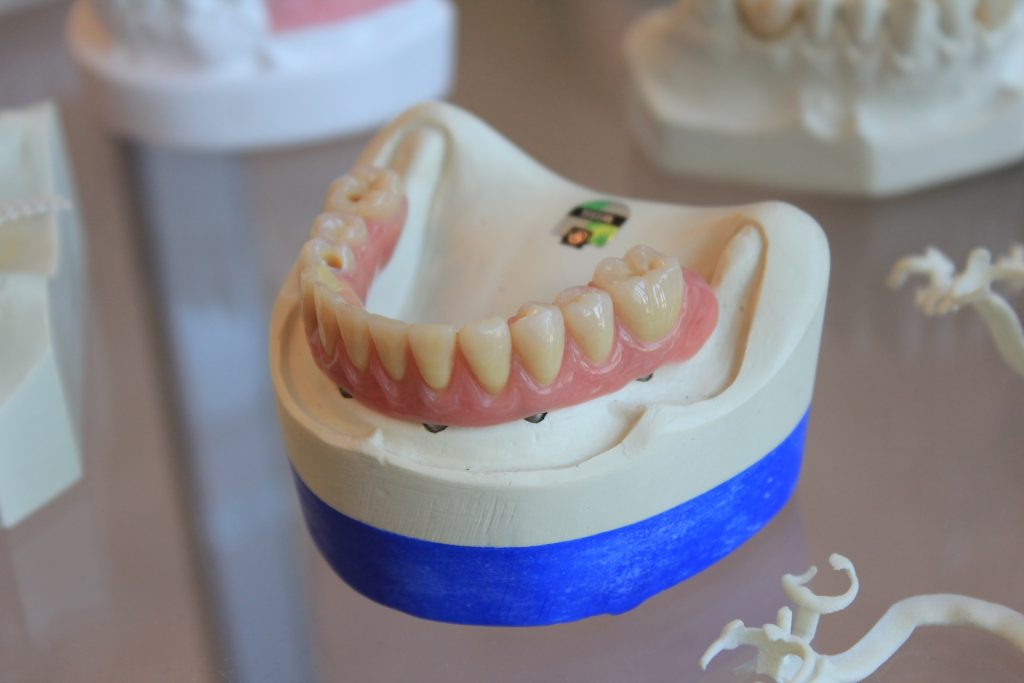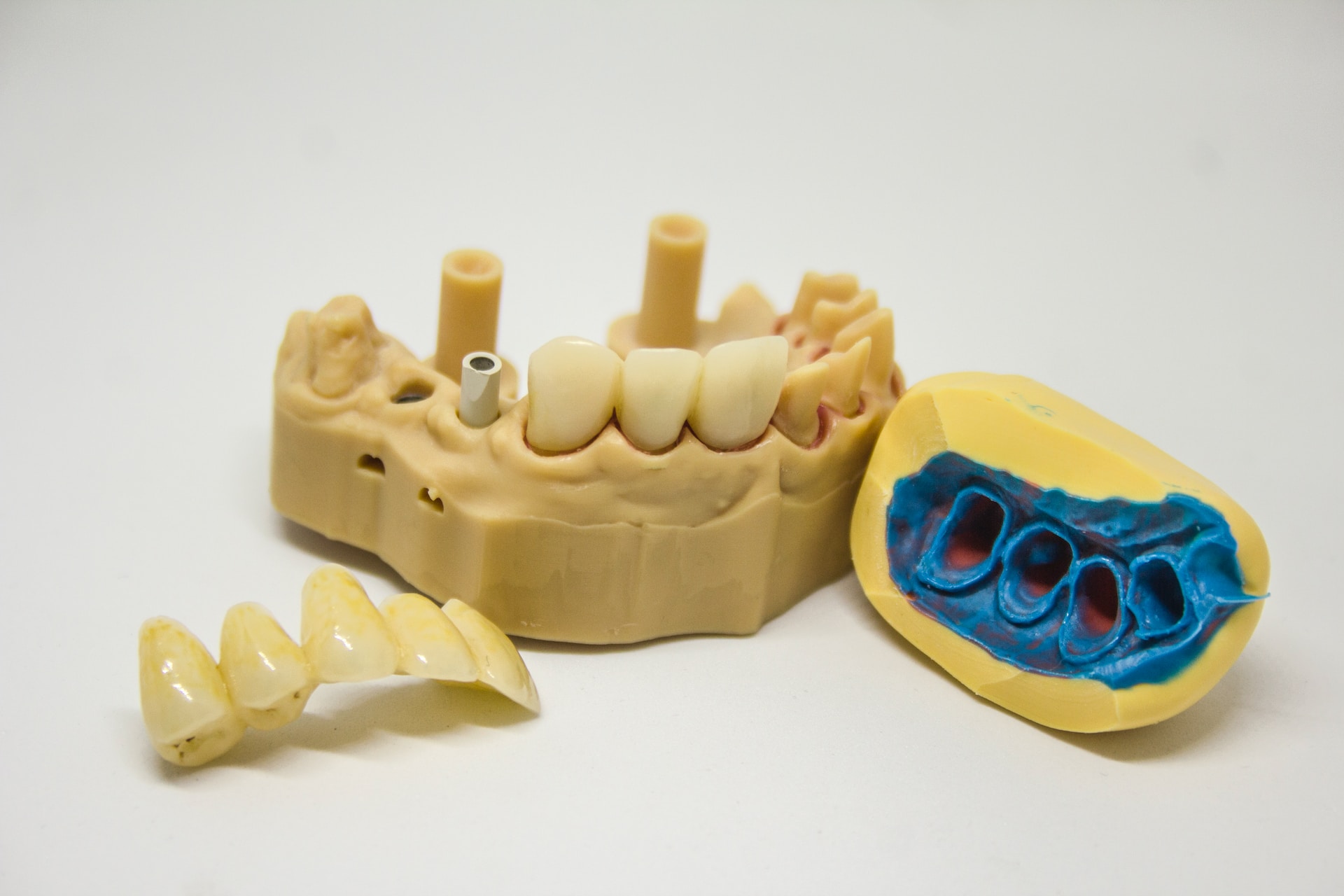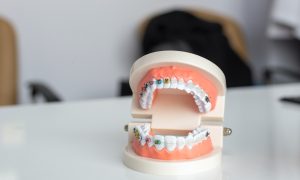Maintaining optimal oral health is crucial for overall well-being. Gum disease, also known as periodontal disease, can lead to serious dental problems if left untreated. There are various strategies you can implement to prevent gum disease and promote healthy gums. Explore the Common Reasons for Gum Disease and effective strategies that will help you maintain your oral health and keep gum disease at bay.
What is the Most Common Reason for Gum Disease?

Gum disease, also known as periodontal disease, is a common oral health problem that affects many people. It is typically caused by poor oral hygiene, which leads to the accumulation of plaque on the teeth. Here are the main reasons behind gum disease.
- Plaque Buildup: This is the primary cause of gum disease. Plaque is a sticky film that forms on teeth. It is full of bacteria, and if it isn’t removed through regular brushing and flossing, it can harden into tartar, which can irritate and inflame the gums.
- Tobacco Use: Smoking or chewing tobacco can increase the risk of gum disease as it weakens the immune system, making it harder for your body to fight off a gum infection. Plus, tobacco use makes it more difficult for gums to heal once they’ve been damaged.
- Poor Nutrition: Lack of essential nutrients weakens the immune system and makes it more difficult for the body to resist infection, increasing the susceptibility to gum disease.
- Certain Illnesses: Conditions like diabetes, HIV/AIDS, cancer, and other immune-compromising diseases can affect the health of gums.
- Genetic issues: Some people are genetically predisposed to developing gum disease.
- Hormonal Changes: Changes in hormones, such as those that occur during pregnancy, menopause, menstruation, and puberty, can make gums more sensitive, increasing the risk of gum disease.
- Medications: Certain medications can affect oral health because they lessen the flow of saliva, which has a protective effect on teeth and gums.
- Chronic Stress and Poor Sleep Hygiene: These can compromise the immune system, making it harder for the body to fight off infections, including gum disease.
- Age: The risk of developing gum disease increases with age.
- Improper Dental Care: Not getting regular dental check-ups and cleanings increases the likelihood of plaque and tartar buildup, which can lead to gum disease over time.
Strategies to Prevent Gum Disease

Regular brushing, flossing, and professional dental cleanings are crucial in preventing gum disease. If you notice any signs of gum disease such as red, swollen, tender gums, persistent bad breath, or gums that bleed easily when you brush or floss, it’s important to schedule a visit with your dentist as soon as possible. By following these guidelines, you can significantly reduce the risk of developing gum disease and its associated complications.
1. Brush and Floss Regularly
Regular brushing and flossing are fundamental for maintaining healthy gums. Brush your teeth at least twice a day using a soft-bristled toothbrush and fluoride toothpaste. Flossing should be done daily to remove plaque and food particles from between your teeth and along the gumline.
2. Use Antimicrobial Mouthwash
In addition to brushing and flossing, incorporating an antimicrobial mouthwash into your oral care routine can provide an extra layer of protection against gum disease. Look for a mouthwash that contains antimicrobial agents such as chlorhexidine, which helps reduce bacteria in the mouth.
3. Maintain a Balanced Diet
A well-balanced diet plays a crucial role in oral health. Include plenty of fruits, vegetables, whole grains, and lean proteins in your meals. Avoid sugary snacks and beverages as they can contribute to the development of gum disease and tooth decay.
4. Limit Alcohol and Tobacco Use
Excessive alcohol consumption and tobacco use have been linked to an increased risk of gum disease. Limiting or avoiding these substances altogether can help protect your gums and overall oral health. If you are using Alcohol and Tobacco in your daily routine then you can get a lot of Oral Disease in High Level.
5. Stay Hydrated
Drinking an adequate amount of water throughout the day is essential for oral health. Water helps rinse away food particles and bacteria that can contribute to gum disease. Additionally, it promotes saliva production, which helps neutralize acids and protect teeth and gums.
6. Visit Your Dentist Regularly
Regular dental check-ups and professional cleanings are vital for preventing gum disease. Dentists can detect early signs of gum disease and provide appropriate treatment. Aim to visit your dentist at least twice a year or as recommended by your oral healthcare professional.
7. Practice Stress Management
Stress can weaken the immune system and increase the risk of gum disease. Engage in stress-reducing activities such as exercise, meditation, or hobbies to maintain overall well-being and promote healthy gums.
8. Protect Your Teeth from Grinding
Grinding or clenching your teeth can contribute to gum disease and other dental issues. If you grind your teeth during sleep, consider wearing a nightguard to protect your teeth and gums from excessive force.
9. Avoid Piercings that Affect Oral Health
Oral piercings, such as tongue or lip piercings, can increase the risk of gum disease. These piercings can cause gum irritation and damage to the surrounding tissues. It is best to avoid such piercings to maintain optimal oral health.
10. Educate Yourself and Spread Awareness
Knowledge is power when it comes to oral health. Stay informed about proper oral hygiene practices and share your knowledge with others. By educating yourself and raising awareness about gum disease prevention, you contribute to the overall oral health of your community.
FAQs
It is recommended to brush your teeth at least twice a day, preferably in the morning and before bedtime, to prevent gum disease. here you may also know about the treatment of wisdom teeth removal.
In its early stages, gum disease can be reversed with proper oral hygiene practices and professional treatment. Advanced stages may require more extensive intervention.
While maintaining good oral hygiene is crucial, some natural remedies, such as rinsing with salt water or using herbal mouthwashes, can help reduce the risk of gum disease. However, consult with your dentist before relying solely on natural remedies.
There is a genetic component to gum disease. If your parents or close relatives have a history of gum disease, you may have a higher risk. However, practicing good oral hygiene can still help minimize the risk.
Yes, gum disease has been linked to various systemic conditions, including heart disease, diabetes, and respiratory problems. Maintaining healthy gums is essential for overall well-being.
The development of gum disease varies from person to person. In some cases, it can progress rapidly, while in others, it may take several years. Regular dental visits and proper oral hygiene can help detect and prevent gum disease in its early stages.
Conclusion
Maintaining healthy gums and preventing gum disease requires consistent effort and a holistic approach to oral care. By Following these tips, You can significantly reduce the risk of gum disease and enjoy optimal oral health. Do not forget to Brush and floss regularly, visit your dentist, and adopt a healthy lifestyle to keep your gums strong and disease-free.





































































